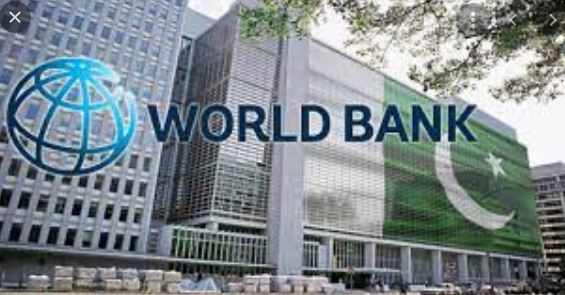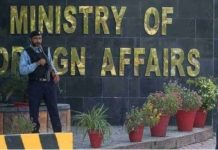Omar Iftikhar
The World Bank (WB) recently approved a $442 million loan to Pakistan for improving access to water and sanitation services for the most vulnerable rural communities in Punjab, as the lender predicts “sizable increase” in poverty across the country. According to an official statement from the World Bank, the WB board of directors approved the Punjab Rural Sustainable Water Supply and Sanitation Project (PRSWSSP) to upgrade water supply and sanitation infrastructure and services for sustainable access to drinking water and safe wastewater management.
The report claims that the project will pursue activities related to rural settlements, where water contamination and poor hygiene are more dominant. They cause illness and child stunting. Interestingly, the World Bank approved the project the day the government decided to reverse its decision of increasing tax incidence on dairy products, which would have reduced their consumption.
In the recently passed budget, the government has proposed to increase the sales tax rate on dairy products from 10% to 17%. While the approval of the WB loan can be seen as a positive step that will bring growth to the country, some steps need to be pursued in this regard. The government must create a committee to oversee how and where the loan money is being spent or invested.
There must be complete transparency as far as financial matters are concerned. The government, while using its vision and experience, must comprehend the consequences of the loan granted. Once the WB approves a loan certain specific stipulations become a mandatory part to be completed by the government that acquires the loan.
The Pakistani government must know these stipulations and what actions it would need to complete to complement WB’s decision to grant a loan in the first place. According to a news report, the World Bank project documents underlined that the Covid-19 pandemic crisis is expected to lead to a sizable increase in poverty, reversing the sustained reduction observed over the past 20 years.












